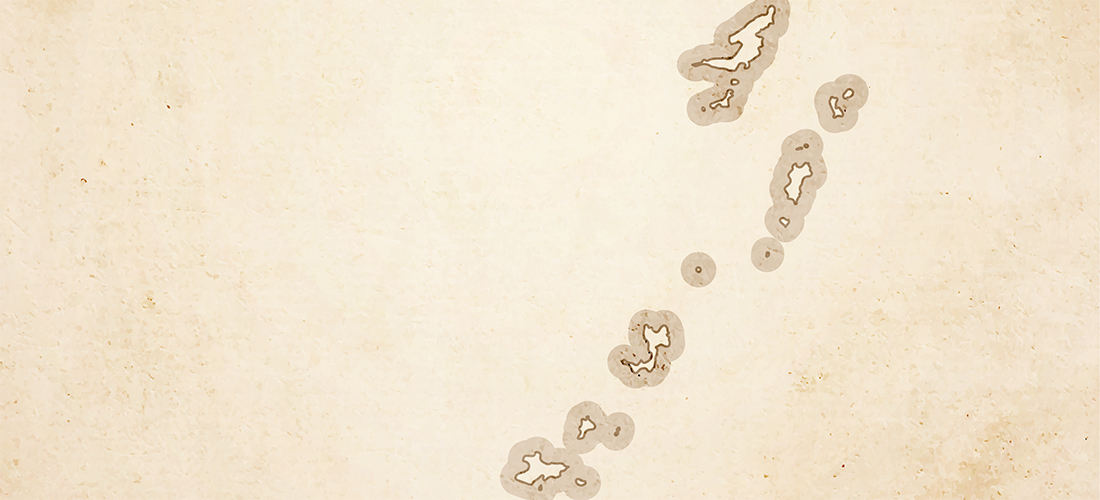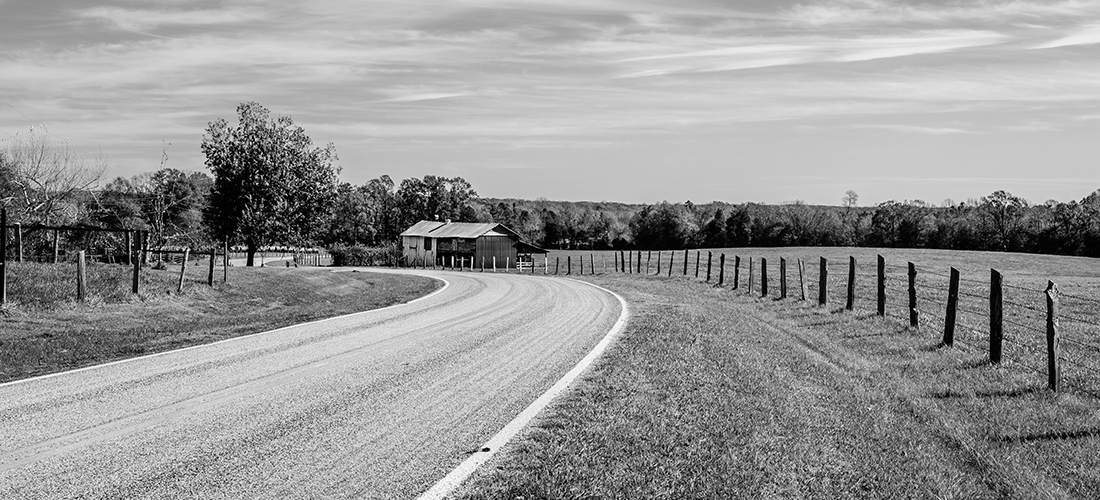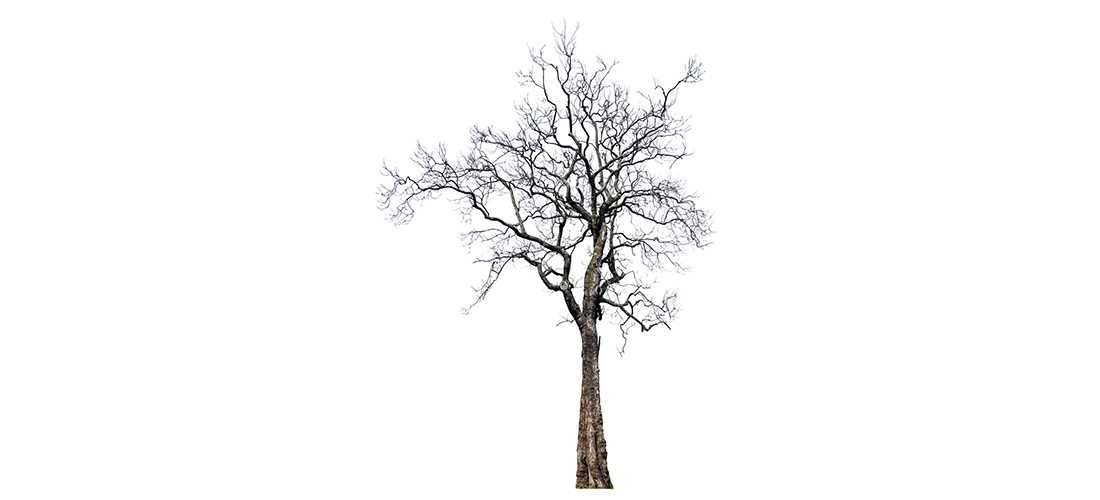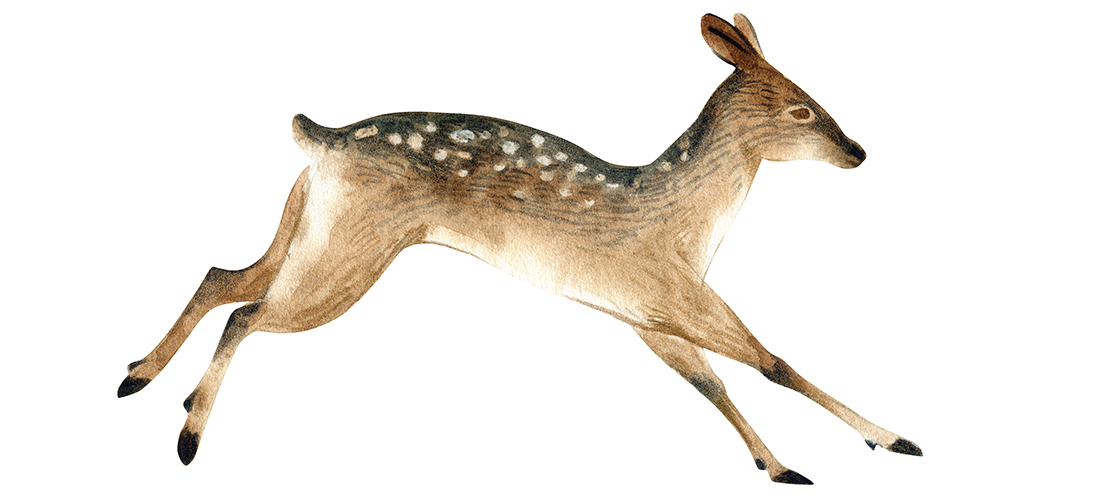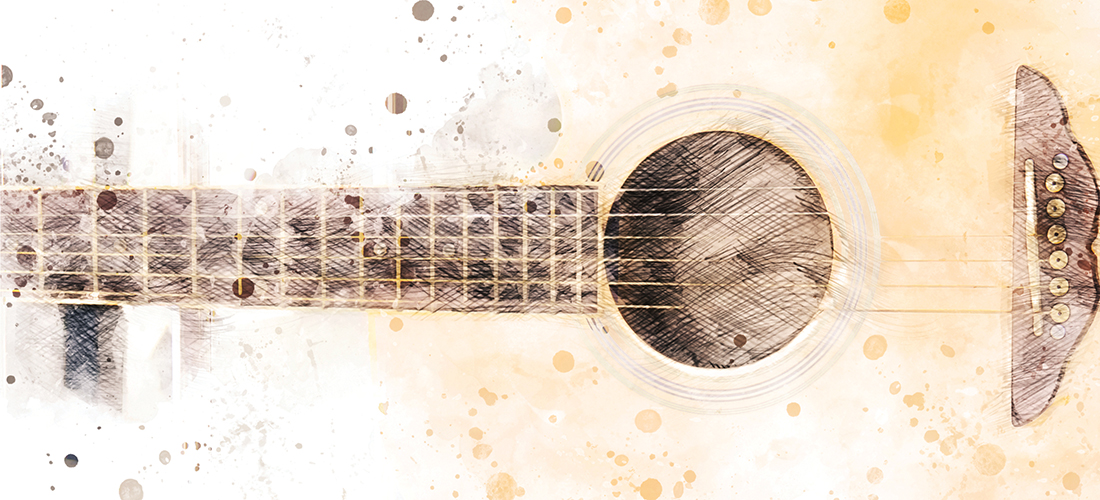Map Fragment, on Clay
Who first thought of scratching here and there
on soft clay, instead of only giving
directions, must have wanted to keep close
the shape of all that lay between himself
and someone whose absence turned regular days
and nights into a vast terra incognita, a blank
that his mind filled with terrifying beasts, winged
serpents, who sang of other courses, other
islands, other ways. If he drew the place
he knew, and those distant places he thought
he knew, he could touch the map where she was
and say to himself, without leaving home,
if she is not here, she is there.
— Millard Dunn
Millard Dunn is the author of Places We Could Never Find Alone

